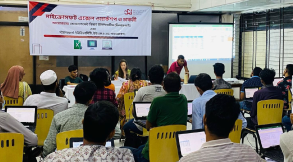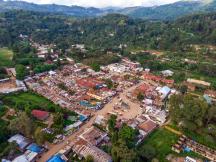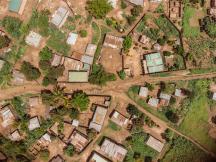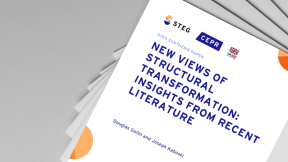Malaria is the primary cause of death among children and a barrier to childhood human capital accumulation in sub-Saharan Africa. The macroeconomics literature thus far concludes that eradicating malaria would not substantially raise living standards. This paper reassesses this conclusion using a structural macroeconomic model and quantifies the long-run macroeconomic effects of a successful malaria vaccine. The model, calibrated to the Tanzanian economy, suggests that a universal vaccination would increase per-capita GDP by 30% in the long run, nearly ten times larger than previously estimated. The larger gains stem from higher human capital investments, amplified over multiple generations.
STEG Project Policy Brief
• Research Theme 2: Labour, Home Production, and Structural Transformation at the Level of the Household,
Cross-Cutting Issue 3: Inequality and Inclusion
How Will the New Malaria Vaccine Shape Africa’s Economic Future?
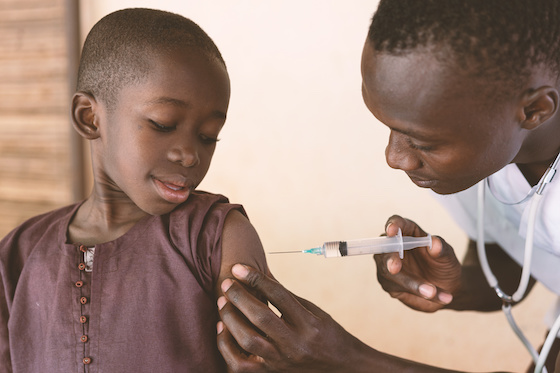
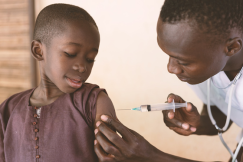
Related content





